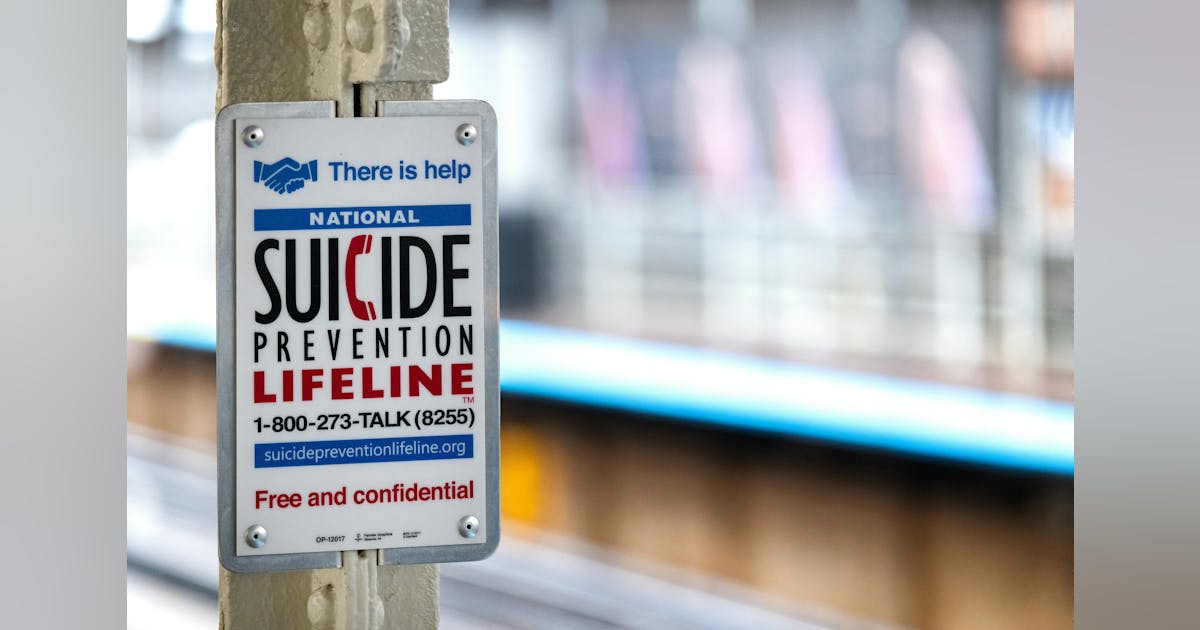The State of Mental Health in the U.S.: A Crisis in Need of Attention
In a recent report released by Mental Health America (MHA), it was revealed that the United States is facing a mental health crisis of significant proportions. The report, which looked at the state of mental health in the U.S., found that 23 percent of adults had experienced a mental illness in the past year, which equates to nearly 60 million Americans.
One of the most alarming findings of the report was that in the last year, five percent of adults and 13 percent of youths reported experiencing severe thoughts of suicide. Additionally, one in five youths had at least one major depressive episode, with over half of them not receiving any treatment. Of those who did receive treatment, 65 percent reported that it helped.
Furthermore, the report highlighted that 18 percent of adults had a substance use disorder, of which 77 percent did not receive treatment. This lack of treatment options is further compounded by financial concerns, with one in four adults with mental distress unable to see a doctor due to financial constraints.
The report also shed light on the disparities in access to mental health care, with only 10 percent of adults and 8.5 percent of youths having private insurance that covers mental health services. Additionally, there are 340 individuals for every one mental healthcare provider in the U.S., making it difficult for many Americans to access the care they need.
On a brighter note, the report also ranked states based on overall mental health and treatment, with Massachusetts, Connecticut, and Maine coming out on top, and Nevada, Arizona, and Montana ranking the lowest.
The report also highlighted the devastating impact of suicide, with the number of individuals who died by suicide in 2022 reaching the highest number ever recorded in the U.S.
In a statement, Schroeder Stribling, president and CEO of MHA, emphasized the urgent need for mental health care in the country, stating, “We are living in a time of poly-crisis when evidence shows that the need for mental health care is urgent. High numbers of adults and youth alike are having serious thoughts of suicide, following a year with a record-high number for completed suicides. Substance use is on the rise, and other indicators of distress and disparity continue to escalate. And yet obstacles such as high costs or a shortage of mental health providers prevent so many Americans from accessing the help they need.”
—
FAQs:
Q: What can individuals do to support mental health in their communities?
A: Individuals can support mental health in their communities by advocating for increased access to mental health services, reducing the stigma surrounding mental illness, and checking in on friends and loved ones who may be struggling.
Q: How can I access mental health services if I don’t have insurance?
A: There are various resources available for individuals without insurance, such as community mental health centers, sliding scale fee services, and online therapy platforms that offer affordable or free options.
Q: What are some signs that someone may be struggling with their mental health?
A: Signs that someone may be struggling with their mental health include changes in mood, behavior, or sleep patterns, withdrawal from social activities, and expressing thoughts of hopelessness or worthlessness.
—
In conclusion, the state of mental health in the U.S. is a matter of grave concern, with high rates of mental illness, suicide, and substance use disorders. It is clear that urgent action is needed to address the barriers to accessing mental health care and provide support for those in need. By working together to destigmatize mental illness and advocate for increased resources and services, we can help create a healthier and more supportive environment for all individuals.
